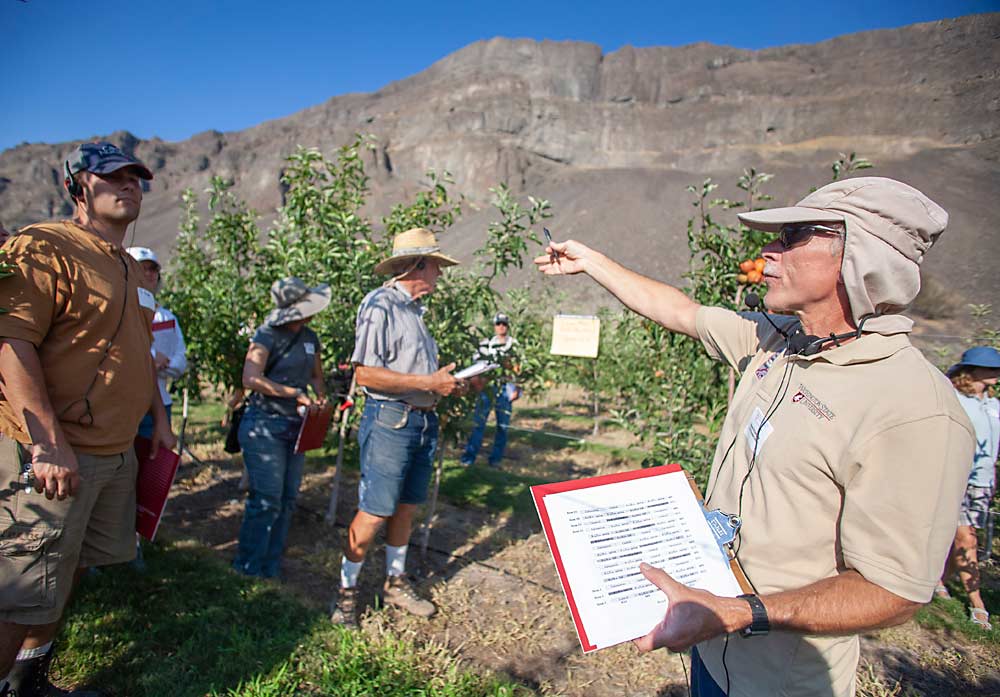
The organic agriculture community celebrated the career of Washington State University sustainable agriculture specialist David Granatstein during the National Organic Standards Board meeting in Seattle in April.
Granatstein retired from WSU late last year after 30 years with the university, but his work with sustainable agriculture started with working on a small organic farm in Washington’s Okanogan County in the 1970s and the alternative agriculture community that would create the Tilth Association.
“He’s always focused his research, training and advocacy work on what’s best for organic farmers,” said Miles McEvoy, former deputy administrator for the U.S. Department of Agriculture’s National Organic Program, who introduced Granatstein at the reception and spoke fondly of their work together over more than 30 years. “His research into soil amendments helps growers spend money where it actually helps.”
Granatstein thanked his wife, Elizabeth Kirby, for her help compiling the statistics on organic acreage and production trends the now-booming tree fruit sector has come to depend on. And, reflecting on his career, he said it’s clear that organic and sustainable agriculture is a process of continuous improvement in food production.
“I still don’t know what the best way to farm is,” he said. “I think organic is a point on a journey to figure out the best way to farm.”
—by Kate Prengaman
Related: Defining organics

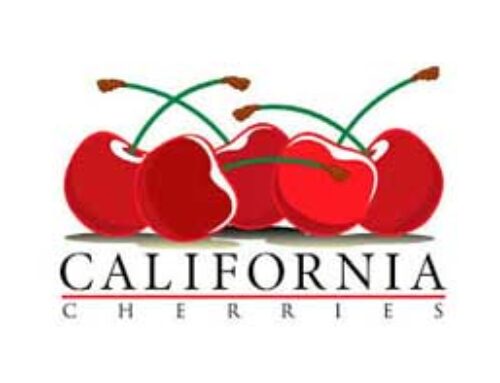
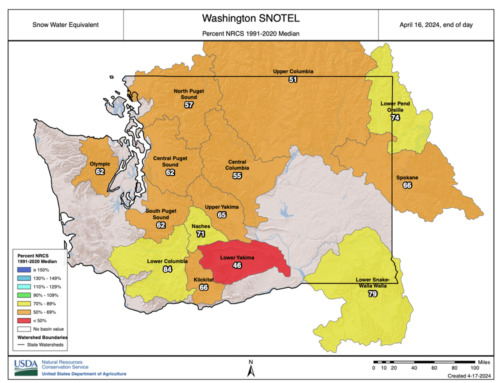
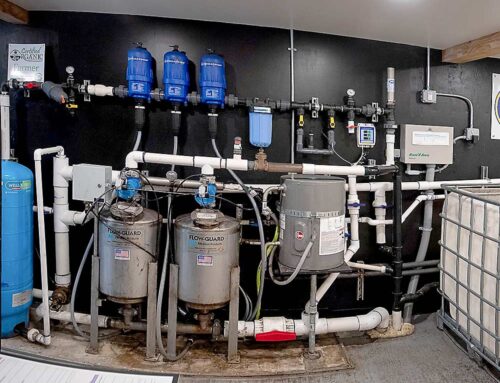
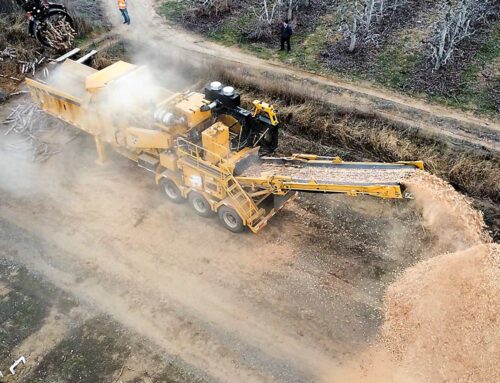
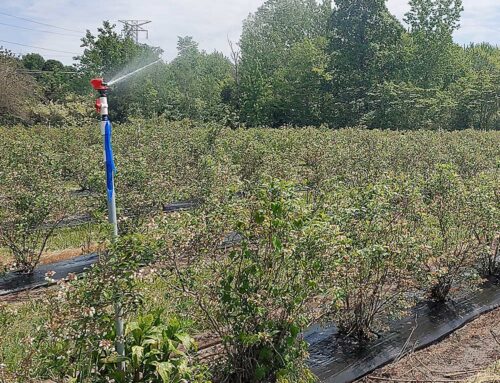
Leave A Comment